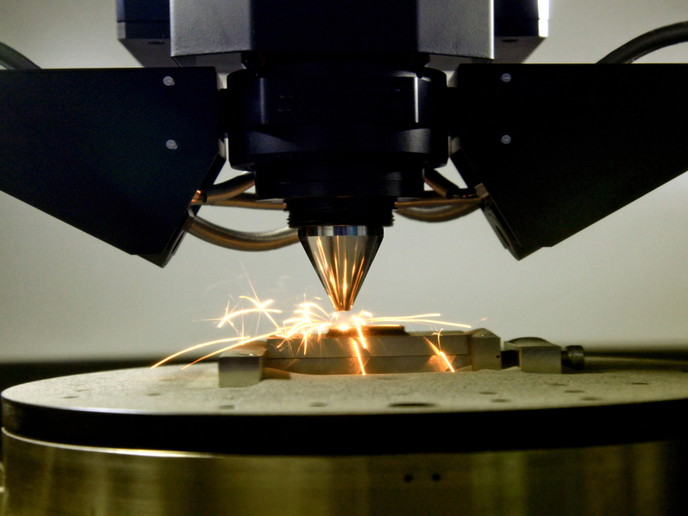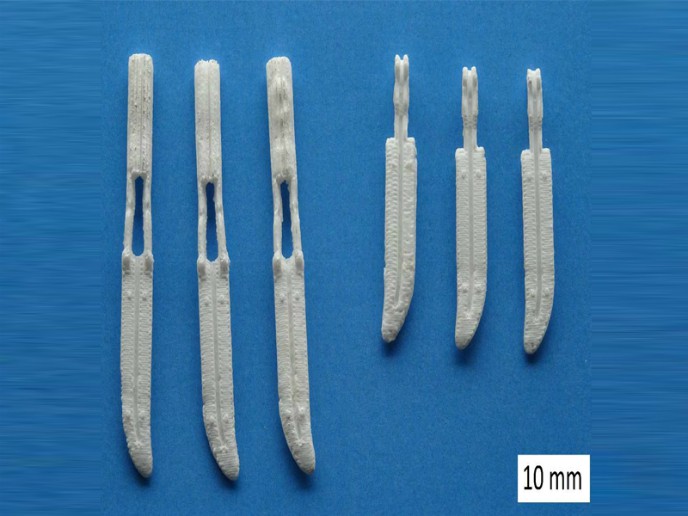Is human enhancement through nanotechnology fair?
The key point of contention in human functional enhancement is neural implants. The devices are fairly new and create an interface between nerve tissues and probes to supplement malfunctioning organs. This is great news for persons in need of medical intervention to treat degenerative disorders like Parkinson's disease, or to restore eyesight. However, what about interventions that could be perceived as elective, such as improving behaviour? EU groups and projects have called for more work on the ethical implications of the implants because of the blurred lines between medical and non-medical use. Closing the knowledge gap, the EU funded project 'Ethics of enhancement technology' (ETHENTECH) advanced work on the ethics of neural implants by analysing expert and public views on the topic. It did so by examining the views of experts and the public through several methods such as convergence seminars and deliberative meetings of citizens card games. The result was the development of two models for participative discussion procedures on the ethics of human enhancement. One model is particularly useful for examining broader issues, while the other is for more detailed matters. Importantly, both models are useful for framing relevant ethical issues for other applications of nanotechnologies with enhancement procedures. Examples include surveillance technologies and neuro-pharmaceuticals. Using these models, ETHENTECH looked at the differences between expert and public views on human enhancement. Results showed that the public is primarily concerned with broader issues and is also influenced by religious concerns. Some key points are whether or not nanotechnology is bad or good for humanity, and if it should be subject to government regulation. Additionally, the public is mostly concerned with the use of implants for non-therapeutic purposes, while scientists are concerned with specific applications of the technology. More work is needed to create a consensus among scientists, stakeholders and the public on the applications of nanotechnology, particularly non-medical ones. This will be key for informing EU policymaking and research on nanotechnology as the science and its applications advance from science fiction to reality.







